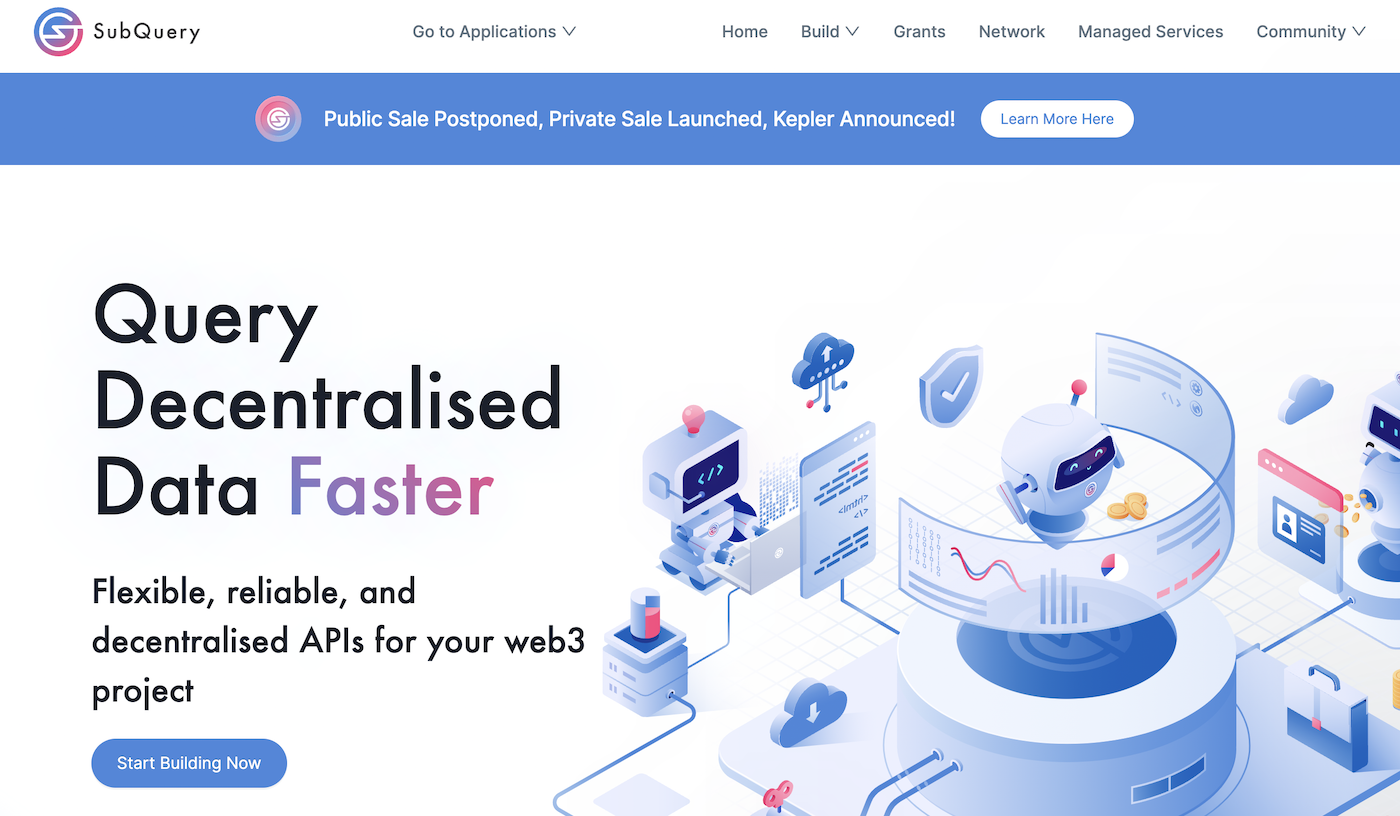Web3 data for engineers, and knowing how to practically start a startup

Click here to view this email in a web browser
Greetings all,
In this week’s episode of Ventures, my guest James Bayly and I discuss SubQuery, including information that Web3 developers need to know about how to practically access data from blockchains to engineer decentralized applications. We talk about the various APIs available, where SubQuery fits in the Web3 data availability landscape, the difference between indexers and RPC nodes, SubQuery’s financial model, and what excites James about the Web3 space in general.
Check it out: Accessing blockchain data for practical Web3 development, the SubQuery story :: with James Bayly
How to practically start a startup
Most startup ideas die in people’s heads and never see the light of day. One of the most important things I’ve learned over the past 16+ years working in this space is that brutal feedback on your idea is the most important value you can capture from the beginning.
However, rather than just asking your friends and family (who will usually flat-out lie to you), it’s best to get feedback from people who don’t care about hurting your feelings.
Now, while that may be obvious advice, what is less obvious is how to go about “pitching” your idea.
The best way to truly test demand is to ask for money before your product exists. The most compelling startup ideas will result in people writing you a check because the value proposition you have is so compelling that they want it as soon as possible. This is how Kickstarter and Indigogo work, for example. This is also how the best B2B SaaS companies I have seen got their start.
This also helps validate another important part of starting a startup: sales. If you can’t “sell” your idea to early customers, then you don’t have the right team. In the early days, your team is “you”, and you should take a hard look in the mirror if you aren’t able to convince people to want your product.
Therefore, the best way to start a startup is to go sell your idea, even before building your product, to people who don’t care about hurting your feelings. These people will ideally want your product so bad that they will tell you to “shut up and take my money”. That is how you know you are on to something. One of the best ways to test this “at scale” is to build a simple landing page with your pitch (e.g. via a site like https://unbounce.com/) and then drive as much traffic to that site as you can from sources that have your target market/customer. You can then measure traffic and contact info collection, and from there you can assess whether or not to proceed with your idea.
My group (Prota Ventures) is spinning up a new Startup Ideation Incubator in October of this year. I’ll be writing a lot more about it in upcoming newsletters with more details and how to apply, but for now - I want to put the idea in your head so you can start coming up with ideas to potentially test alongside others in this first cohort.
Have a great rest of your week!
~Will